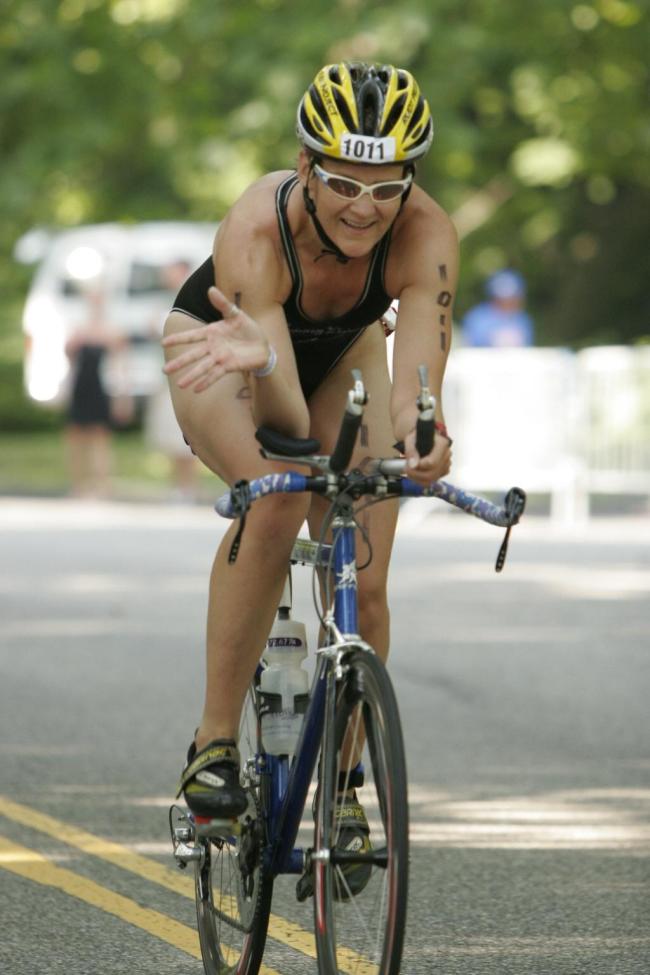I work with clients regularly on sports nutrition and helping them with how to manage their race day nutrition and create strategies that work for them. Each person is different, and the amount of mis-information out there is astounding. Like get up at 2 AM to eat, then back to bed and up again at 5 AM for breakfast. Or try to eat 700+ calories for breakfast before your Ironman event. I will list a few here and help you sort thru it to devise a plan that is much more realistic and easier than you thought.
This IS why you want to work with a sports nutrition professional, to help you create your optimum race day nutrition strategy!
With my last client, we reviewed their nutrition plan including the days leading up to the event. It has been mentioned by various pro athletes to stop eating high fiber foods, and stop eating vegetables leading up to the event. Really? To me this is a recipe for disaster or at least getting yourself so plugged up, you feel bloated and lethargic for the race. In each of my 3 Ironman races, I have eaten normally leading up to the race. I eat every 3 hours, I pack my snacks when traveling so I always have something or stop at the local grocery store or farmers market/ road side stand to get my nutrition supplies and vegetables. If I could, I would pack my juicer! But I know, that my best pre-race dinner meal is usually a steak, baked or roasted potato and broccoli. And yes, I usually have a glass of wine, too. But only one 🙂 The one time I went to Nationals, the pre-race dinner did not have any vegetables, and was all pasta. I was so lethargic for the race the next day and just plain constipated. I know, TMI. But would you really want that for your next race?? So eat normally. Or as best you can to normal.
That idea of getting up at 2 AM seems crazy to me. Yes, you may be doing an Ironman, but sleep is still more important than cramming in calories. So rest up, get up 2.5-3 hours before the start time for breakfast, and enjoy your sleep. Forget the 2 AM feeeing – it will not do much anyway.
Speaking of breakfast, I have read to consume 700+ calories for breakfast, and more in transition before your race. Really? If that is part of your race day nutrition strategy, you will indeed end up feeling like a beached whale getting in to the swim. And I am quite certain that you will be rather sick in the swim, too as your body cannot digest that amount of food and calories just before exercising. A better option will be to eat a normal breakfast of oatmeal and an egg or two (something you have practiced during your training sessions) and not consume more than 400 calories. Then drink for thirst until your wave goes off. If need be, take a gel and some electrolytes before your swim to top off the tank or stave off hunger.
Have you also read that you burn 700+ calories, so you should try to consume 400+ calories per hour. Hmm, I know Mark Allen can do it but most of us cannot. You are better trying to consume closer to 200-250 calories per hour (including gels, bars, liquid nutrition, fruit, etc) while riding. And only 100-150 calories per hour while running. You want to see how little you need, not how much can you get away with. Usually, once you get to the run portion of a triathlon where you have been cramming in calories, you see people puking within 5 miles of the run. This is the bodies way of telling you that was too many calories. Not really a fun way to find out. But if you take in less calories, and need more for energy (if it is not an electrolyte issue), then you can always add a gel, fruit or some food item for calories. If you end up with too many, your stomach shuts down and your race is basically over while you walk and try to get sick (if you are lucky). So err on the lower side of calories, not more.
I am sure there are plenty more mis-conceptions about sports nutrition for long  distance cycling and Ironman distance events. Working with a sports nutrition professional, and preferably one who has actually experienced a 10+ hour event, so they know exactly what signs of dehydration vs. bonking are. I help you get to the finish line feeling like you can do it again with sound sports nutrition advice. My client this morning felt so much more at ease about their plan after our session. You can too!
distance cycling and Ironman distance events. Working with a sports nutrition professional, and preferably one who has actually experienced a 10+ hour event, so they know exactly what signs of dehydration vs. bonking are. I help you get to the finish line feeling like you can do it again with sound sports nutrition advice. My client this morning felt so much more at ease about their plan after our session. You can too!
To schedule your Race Day Nutrition Strategy session, please visit www.n-im.net
Joanna is a sports nutrition coach, helping you optimize your nutrition plan so you have a fabulous race day! She can be reached at [email protected].